AI tools are transforming the scientific research process, empowering scientists to work faster, analyze more deeply, and communicate more clearly. From accelerating literature reviews to automating data analysis, today’s AI platforms support nearly every stage of scientific inquiry. Whether you're designing experiments, parsing complex datasets, generating code, or preparing publications, the right AI tools can significantly increase productivity and reduce cognitive load. These platforms are particularly valuable for interdisciplinary researchers, early-career scientists, and labs operating under tight deadlines. In February 2026, many leading tools now offer stronger evidence-backed search, smarter paper interrogation, more reliable citation context, and practical assistance for computational workflows — without forcing you to rebuild your entire pipeline. In this guide, we’ve curated the best AI tools for scientists in 2026 — both free and paid — ranked by relevance, functionality, and real-world research impact. If you're looking to streamline your workflow, stay ahead in your field, or enhance the quality of your research, these AI-powered solutions provide practical, scalable support at every stage of your scientific journey.

Best Paid AI Tools for Scientists
| Rank | Tool | Strength | Price | Limits |
|---|---|---|---|---|
| #1 | SciSpace | Chat with papers + AI research workflows | $8+/month | Credits/usage caps vary by plan |
| #2 | Elicit | Automated literature review & structured extraction | $49/month (Pro) | Workflow limits vary by tier |
| #3 | Scite | Smart Citations + evidence-aware research assistant | $12/month (Personal) | Plan limits vary (features + usage) |
| #4 | Consensus | Evidence-based answers from peer-reviewed research | $15/month (Pro) | Deep-search style features are metered |
| #5 | Wolfram|Alpha Pro | Step-by-step math, stats, and scientific computation | $12/month (or $8.25/month annually) | Advanced features require Pro login |
SciSpace
SciSpace is one of the most practical “daily driver” platforms for scientists who live inside PDFs. It combines paper discovery with an AI layer that can explain methods, clarify jargon, summarize sections, and answer questions grounded in the uploaded document. For researchers moving between fields (or reviewing unfamiliar subtopics fast), SciSpace reduces the friction of translating dense writing into actionable understanding. The newer workflow-style features also make it useful beyond reading: you can move from “find papers” to “extract what matters” to “draft a clean explanation” without bouncing between tools. It’s especially strong for labs and grad students who need to move quickly while still staying anchored to the source text. If your bottleneck is comprehension and synthesis — not just finding papers — SciSpace is a high-impact paid upgrade.
Elicit
Elicit is built for researchers who need structured, repeatable literature work rather than one-off summaries. Instead of only giving a narrative answer, it can generate research reports, pull relevant papers, and extract specific fields (like study design, population, interventions, outcomes, limitations, and key results) into tables you can actually use. That makes it valuable for systematic-style workflows, scoping reviews, and early-stage project planning where you need to map what’s known and where the gaps are. Scientists also use Elicit to pressure-test hypotheses: ask a focused question, review the surfaced evidence, and quickly identify which papers are worth full-text reading. If you care about turning reading into an organized evidence base (not just “a summary”), Elicit is one of the most time-saving subscriptions in 2026.
Scite
Scite stands out because it helps you evaluate citations, not just collect them. Its Smart Citations show how a paper has been cited in context — including whether later work supports, mentions, or disputes the cited claim — which is incredibly useful when you’re building arguments, writing introductions, or checking if a “common knowledge” statement is actually stable. For scientists, this is a powerful safeguard against citation chains and overconfident claims that don’t hold up under scrutiny. Scite’s assistant layer builds on that foundation by letting you explore questions and get answers tied to real literature, while the citation context keeps you oriented in the evidence landscape. If your work depends on accuracy (and your reviewers will check), Scite is one of the best tools for raising the rigor of your referencing and interpretation.
Consensus
Consensus is designed for scientists who want fast, evidence-backed direction without drifting into “generic AI” territory. It focuses on pulling answers from peer-reviewed research, often making it easier to sanity-check what the literature actually says about a claim, effect, or intervention. This is especially useful when you’re exploring a new domain, writing background sections, or trying to understand whether a debated topic leans one way or another across studies. Instead of spending hours opening tabs just to confirm the basics, Consensus helps you get oriented quickly — and then you can dive deeper into the specific papers that matter. It’s not a replacement for careful reading, but it is an excellent accelerator for building an initial evidence map and avoiding time-wasting rabbit holes.
Wolfram|Alpha Pro
Wolfram|Alpha Pro is a science and engineering workhorse for computation-heavy tasks — especially when you need more than a basic calculator but don’t want to spin up a full coding notebook for every question. Scientists use it for quick modeling, dimensional checks, symbolic math, statistics, curve behavior, unit conversions, and step-by-step breakdowns that are easy to validate and cite in lab work. In practice, it shines when you’re moving between analysis and writing: you can verify equations, test parameter sensitivity, and generate interpretable outputs that translate directly into your methods or appendix. While it doesn’t replace Python/R for full pipelines, it reliably handles the “I need the right math right now” moments that show up in every research workflow. For many scientists, it pays for itself in time saved and reduced error risk.
Best Free AI Tools for Scientists
| Rank | Tool | Strength | Limitations |
|---|---|---|---|
| #1 | ChatGPT (Free) | Explain concepts, draft sections, brainstorm methods | May require careful verification and sourcing |
| #2 | Semantic Scholar | Fast paper discovery with smart relevance signals | Not a full PDF chat workflow |
| #3 | ResearchRabbit | Build citation graphs and track research threads | No built-in full-text summarization |
| #4 | Connected Papers | Visualize related papers and research clusters | Limited exports and advanced features |
| #5 | Google Colab | Run scientific code in the cloud (Python notebooks) | Compute/session limits; manual setup required |
ChatGPT (Free)
ChatGPT (Free) is a flexible assistant for scientists who want quick clarity, stronger writing, and faster iteration while thinking through research problems. It’s useful for translating dense concepts into plain language, outlining papers, improving readability, generating alternative explanations for figures, and drafting early versions of abstracts, intros, and discussion sections. Many researchers also use it to generate starter code snippets or pseudocode for analysis tasks, then refine and validate in a notebook environment. The key limitation is that outputs must be treated as a drafting and reasoning aid — not an authority — so scientists should verify technical claims, add citations from trusted sources, and keep sensitive data out of prompts. Used responsibly, it can reduce “blank page time” and help you communicate complex science with more speed and confidence.
Semantic Scholar
Semantic Scholar is one of the best free tools for discovering relevant scientific literature quickly, especially when you’re entering a new topic or trying to broaden a narrow search. Its strength is speed and signal: strong relevance ranking, helpful paper pages, citation networks, author profiles, and discovery features that make it easier to find foundational work without endless query tweaking. Scientists often use it as the first pass for building a reading list before moving into deeper evaluation workflows. While it isn’t a “chat with PDF” tool on its own, it’s excellent for identifying what to read next and spotting influential papers that shape a field. For researchers who want better discovery without paying for databases or subscriptions, Semantic Scholar is a top-tier starting point.
ResearchRabbit
ResearchRabbit helps scientists organize discovery like a living map rather than a static bibliography. You can create collections of papers, explore connected work through citation graphs, and keep track of how a topic evolves over time — which is particularly useful for long-running projects, thesis work, and interdisciplinary research where the literature expands in multiple directions. It’s also great for staying current: once you build collections, you can revisit them to spot new papers and related authors. The main limitation is that it doesn’t replace full-text workflows; you’ll still need to read PDFs elsewhere or use a dedicated summarization tool. But for building structure around what you’re reading (and what you plan to read next), ResearchRabbit is one of the most practical free platforms available.
Connected Papers
Connected Papers is a fast way to visualize a research area and find “papers you didn’t know you needed.” By entering a seed paper (or DOI), it generates a graph of related works based on similarity and citation relationships, which helps scientists identify clusters, adjacent subfields, and key bridging papers. This is especially useful when you’re doing a literature review under time pressure, building background sections, or trying to understand how different methods in a field relate. While the free experience is more discovery-focused than workflow-focused (you won’t get deep PDF chat or robust export features), the visualization alone can save hours and prevent blind spots. For quickly mapping a topic and finding strong next reads, it’s an excellent free tool.
Google Colab
Google Colab gives scientists a free, cloud-based notebook environment for running Python code — ideal for data cleaning, analysis, visualization, simulations, and lightweight machine learning experiments. It’s especially useful for collaboration and reproducibility: notebooks can be shared, re-run, and adapted across a lab without complicated local setup. Many researchers pair Colab with their preferred AI coding assistant in a separate tab to speed up debugging, generate helper functions, or refactor analysis code into cleaner, more publishable workflows. The trade-off is that you’ll face compute/session limits and you’ll need to manage your environment manually. Still, as a zero-cost platform for getting real analysis done (not just reading about it), Colab remains one of the strongest free research tools in 2026.
Rankings
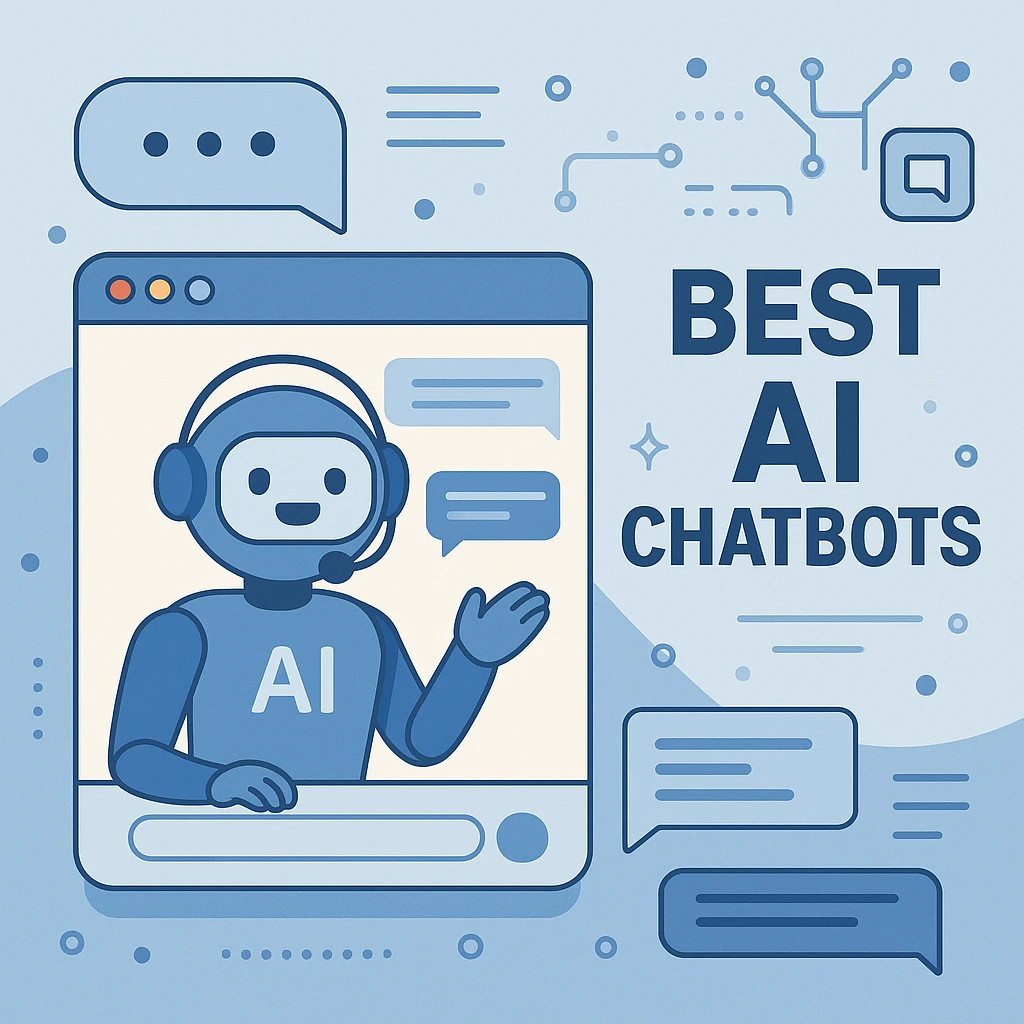
Chatbots
AI chatbots have quickly evolved from simple assistants into powerful, multi-purpose tools used by millions of people every day...

Image Generators
AI image generators are revolutionizing the way creatives, marketers, and developers produce visual content by transforming text prompts into detailed, customized...

Writing Assistants
AI writing assistants have become indispensable tools for anyone who writes — from students and bloggers to business professionals and marketers...
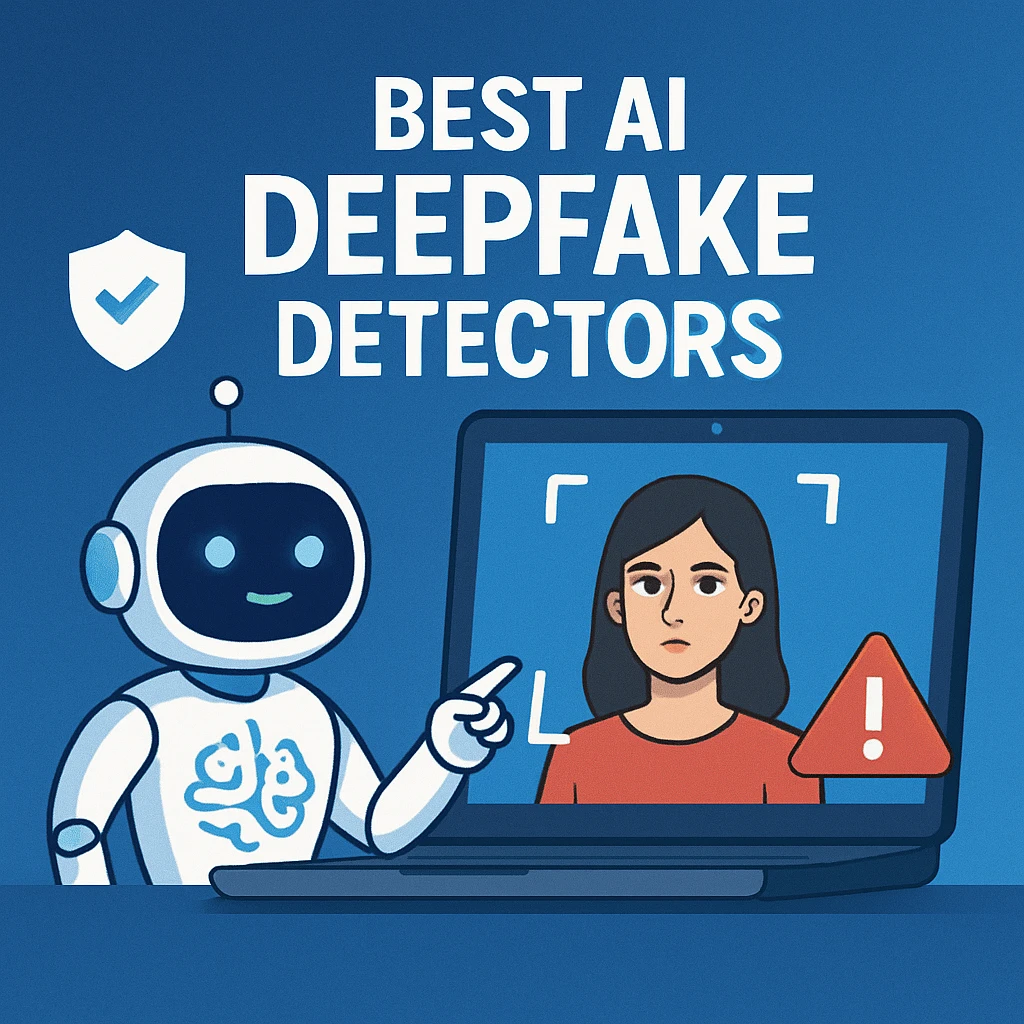
Deepfake Detection
As deepfake technology becomes more advanced and accessible, detecting AI-manipulated content is now a critical challenge across journalism, education, law, and...

Productivity & Calendar
AI productivity and calendar tools have become essential for professionals, entrepreneurs, and students looking to make the most of their time without getting overwhelmed...
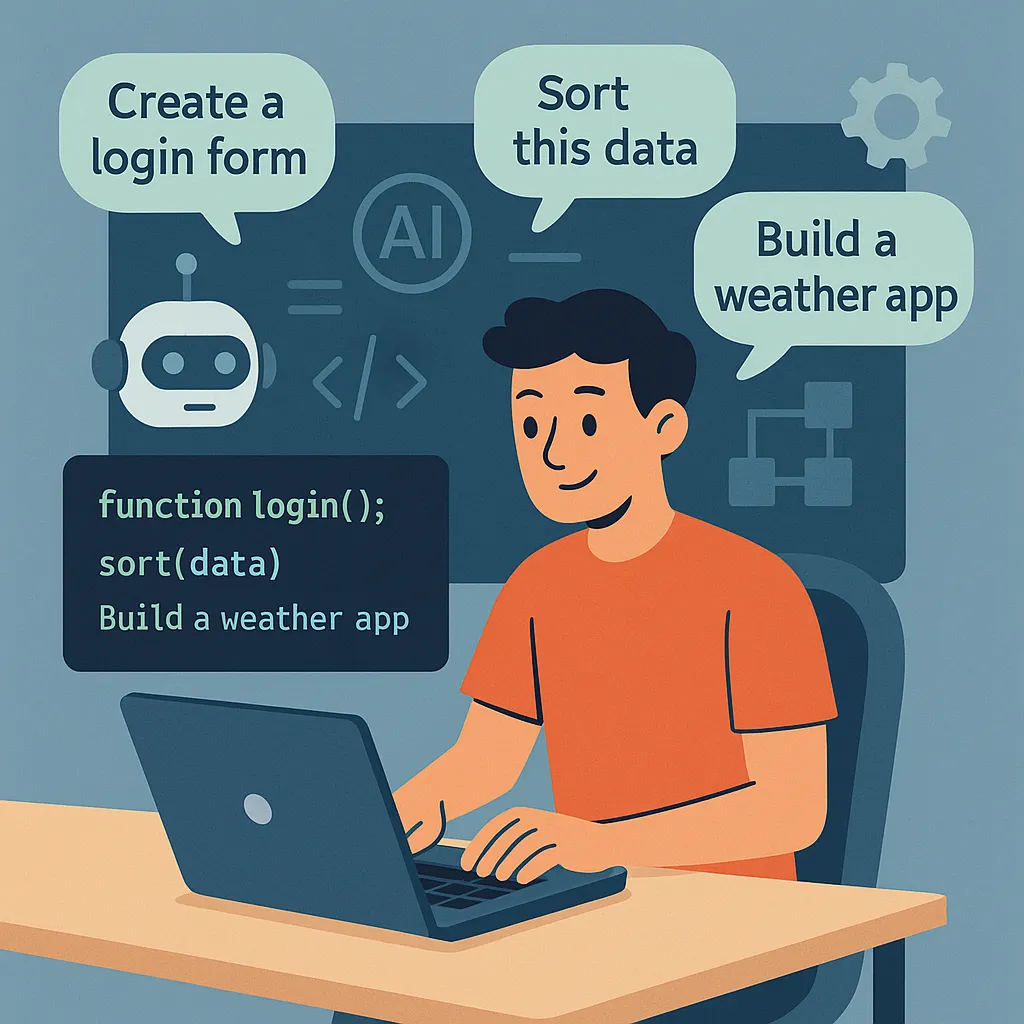
Natural Language To Code
Natural language to code tools are transforming software development by enabling users to build apps, websites, and workflows without needing advanced programming...
Blog
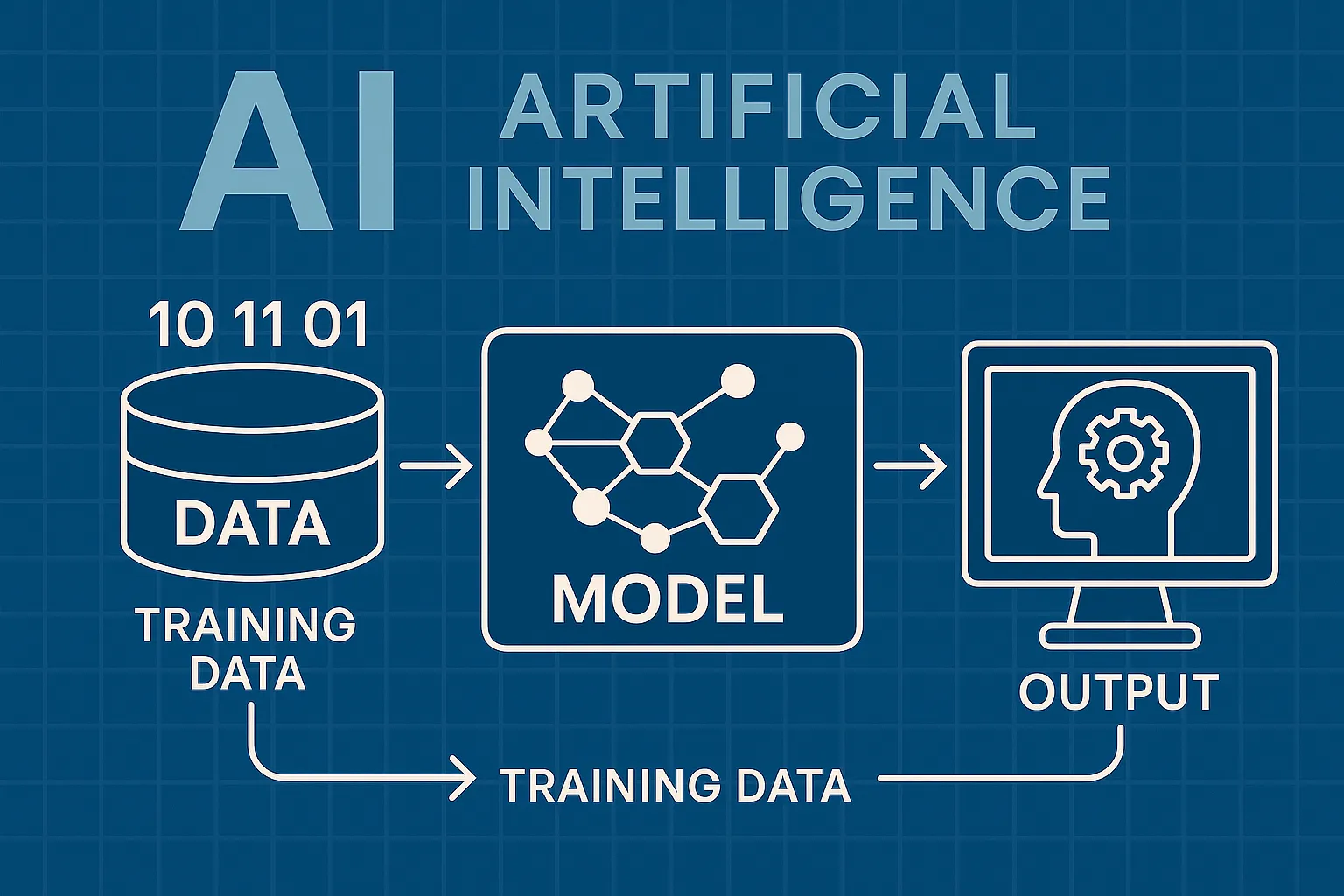
How AI Actually Works
Understand the basics of how AI systems learn, make decisions, and power tools like chatbots, image generators, and virtual assistants.

What Is Vibe Coding?
Discover the rise of vibe coding — an intuitive, aesthetic-first approach to building websites and digital experiences with help from AI tools.
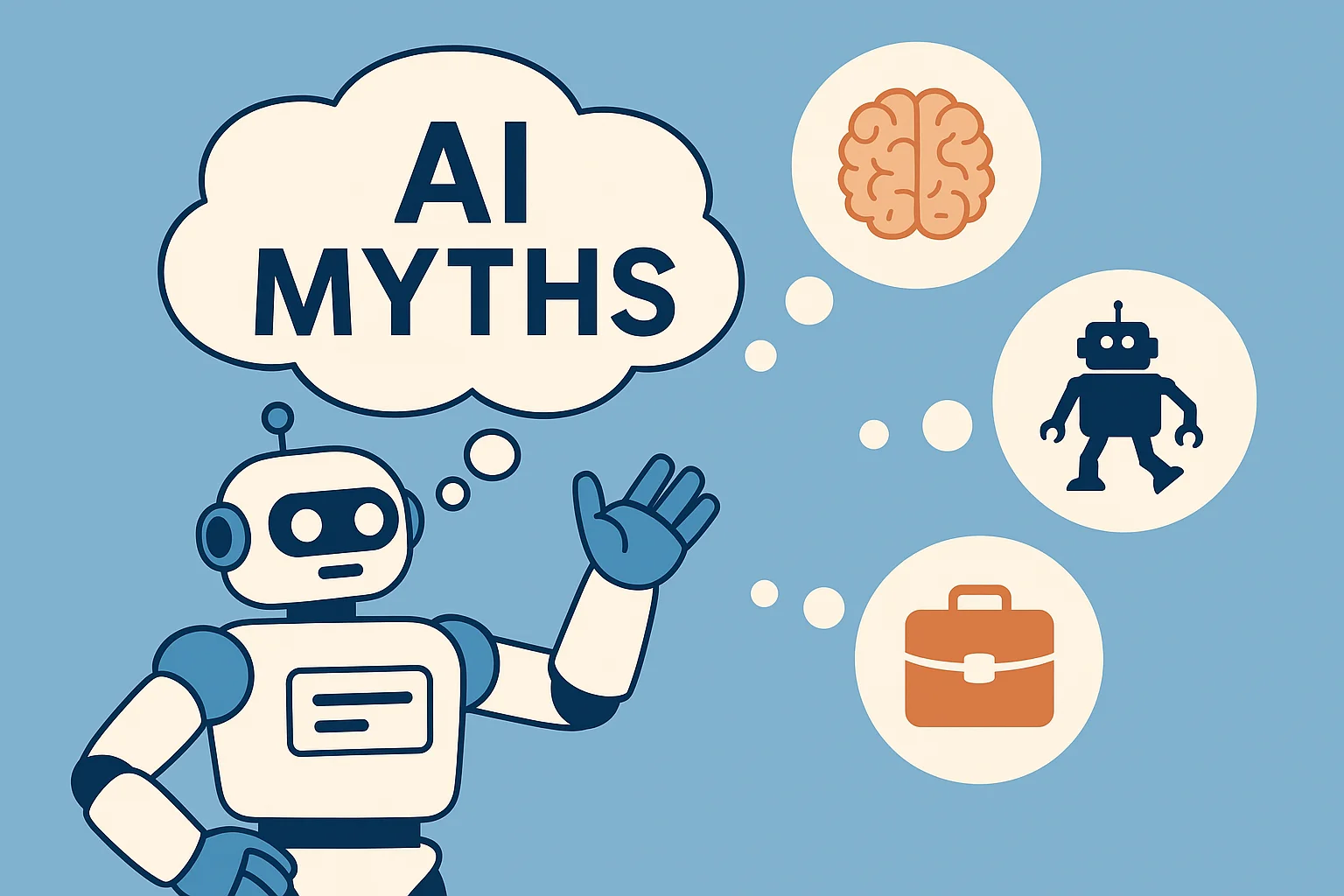
7 Common Myths About AI
Think AI is conscious, infallible, or coming for every job? This post debunks the most widespread misconceptions about artificial intelligence today.

The Future of AI
From generative agents to real-world robotics, discover how AI might reshape society, creativity, and communication in the years ahead.
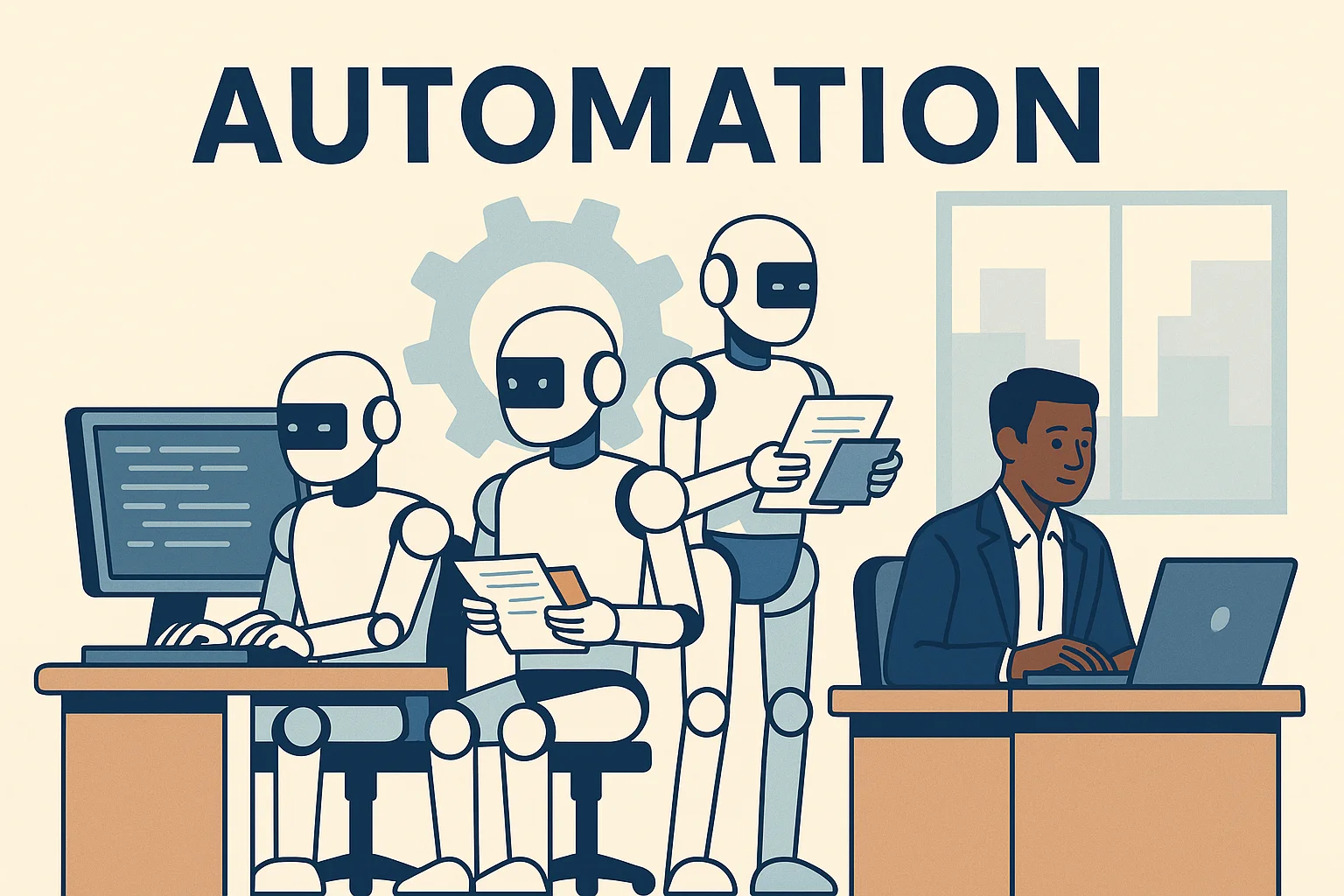
How AI Is Changing the Job Market
Will AI replace your job — or create new ones? Explore which careers are evolving, vanishing, or emerging in the AI-driven economy.

Common Issues with AI
Hallucinations, bias, privacy risks — learn about the most pressing problems in current AI systems and what causes them.